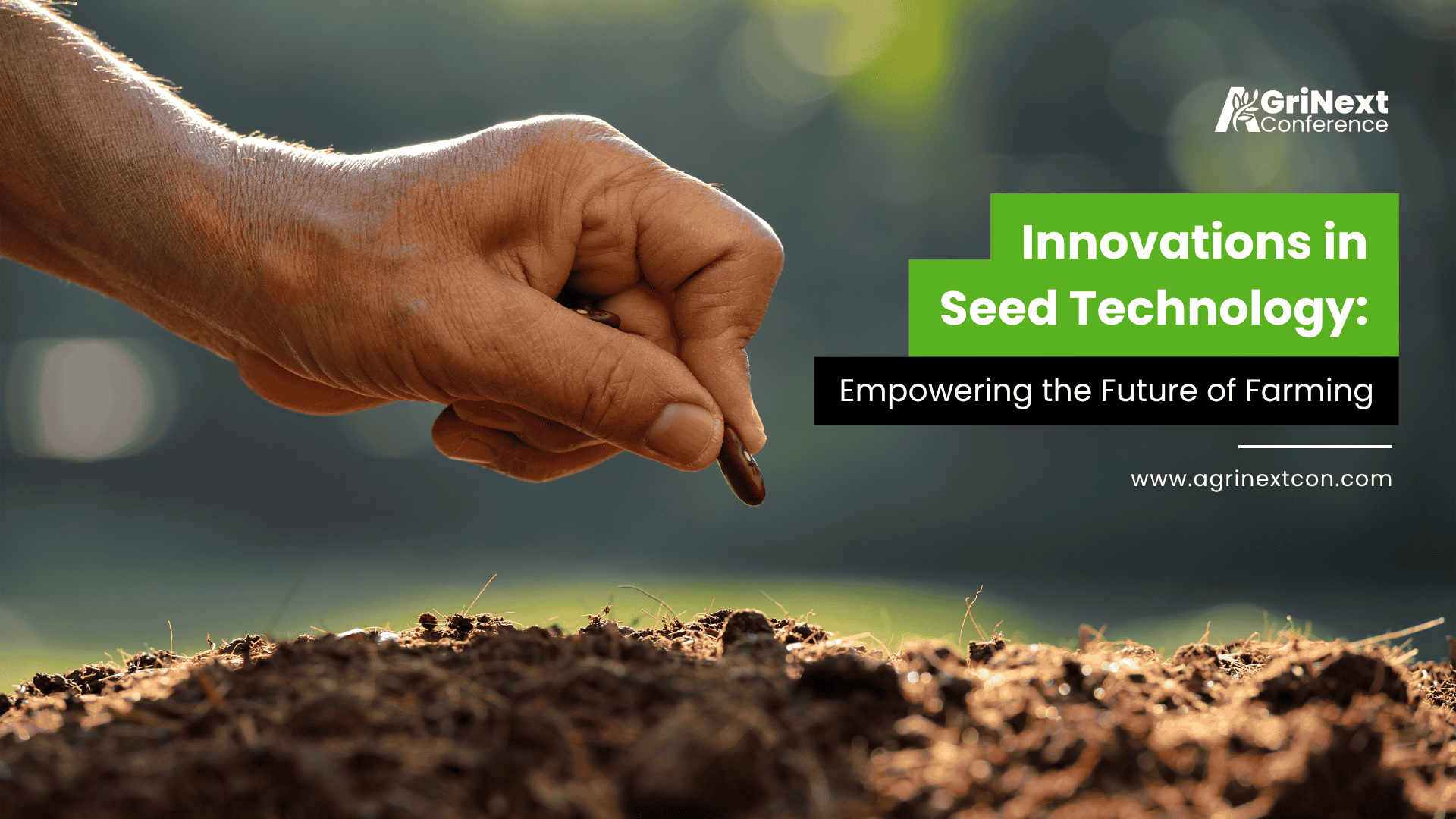
Seed technology has progressed from traditional crossbreeding to advanced genetic solutions that address modern agricultural challenges. Today’s next-generation seeds are designed to thrive in extreme climates, resist pests and diseases, and reduce dependency on chemical inputs. These cutting-edge developments are transforming crop productivity and resilience, paving the way for a more sustainable and secure food future.
Hybrid Seed Varieties
Hybrid seeds remain vital in modern agriculture by combining the best traits of different plants. Through cross-pollination of two parent varieties, they offer improved yield, quality, and resilience. For instance, hybrid corn and hybrid tomatoes are more resistant to pests and environmental stress, leading to higher productivity.
Digital Agriculture and Smart Seeds
Seed technology is increasingly merging with digital agriculture. “Smart seeds,” designed to work with precision tools, can be monitored using IoT devices and data analytics. Bayer’s digital farming platform integrates with its seed technology to help farmers make data-driven decisions on planting, watering, and fertilizing—maximizing yield and efficiency.
Genetically Modified (GM) Seeds
GM seeds are engineered to resist pests and diseases. A prime example is Bt cotton, which contains a bacterial gene that makes it toxic to specific pests, reducing pesticide use. Similarly, drought-tolerant maize from companies like Bayer helps farmers maintain yields during dry spells.
Climate-Resilient Seeds
With the rise of extreme weather events, companies like Syngenta are developing climate-smart seeds that can endure droughts, floods, heat, and even saline soils. These innovations aim to ensure crop survival under unpredictable environmental conditions.
Sustainability Through Reduced Chemical Use
New seeds are being developed to reduce dependence on chemical fertilizers and pesticides. Some varieties attract beneficial insects or repel harmful ones naturally. Others encourage the presence of pest predators, thereby lowering the ecological impact of farming.
CRISPR Technology
CRISPR technology offers precise gene editing without adding foreign DNA. This technology enhances existing traits—such as disease resistance or nutritional value. Scientists have used CRISPR to create disease-resistant rice and wheat, helping reduce crop loss and improve food security.
Biofortified Seeds
Seed technology is also addressing malnutrition. Biofortified crops, such as Golden Rice, contain elevated levels of essential nutrients like Vitamin A. These seeds are crucial in regions where nutrient deficiencies are widespread.
Efficient Use of Resources
Companies like Corteva Agriscience have developed hybrids that use water more efficiently. These seeds are ideal for arid regions, helping farmers sustain yields with less irrigation.
Seed Coating Technologies
Seed coating involves applying layers of nutrients, growth stimulants, or biological agents to seeds. This technique enhances germination, protects young seedlings, and promotes early growth. BASF is at the forefront of developing advanced coatings that improve plant health and early-stage yield.
In the face of climate change, food insecurity, and environmental degradation, seed innovation stands as a cornerstone of sustainable agriculture. These next-generation crops empower farmers to grow more resilient and productive plants across diverse conditions.
AgriNext 2025: Shaping the Future of Seed Innovation
AgriNext 2025, to be held in Dubai, will spotlight seed technology alongside AI, climate-smart agriculture, and digital tools. The event will bring together global seed companies, agri-tech startups, and researchers to showcase breakthroughs in hybrid development, gene editing, and sustainability. It’s a must-attend platform for those looking to stay ahead in the seed revolution.
Signup For AgriNext Conference Newsletter


